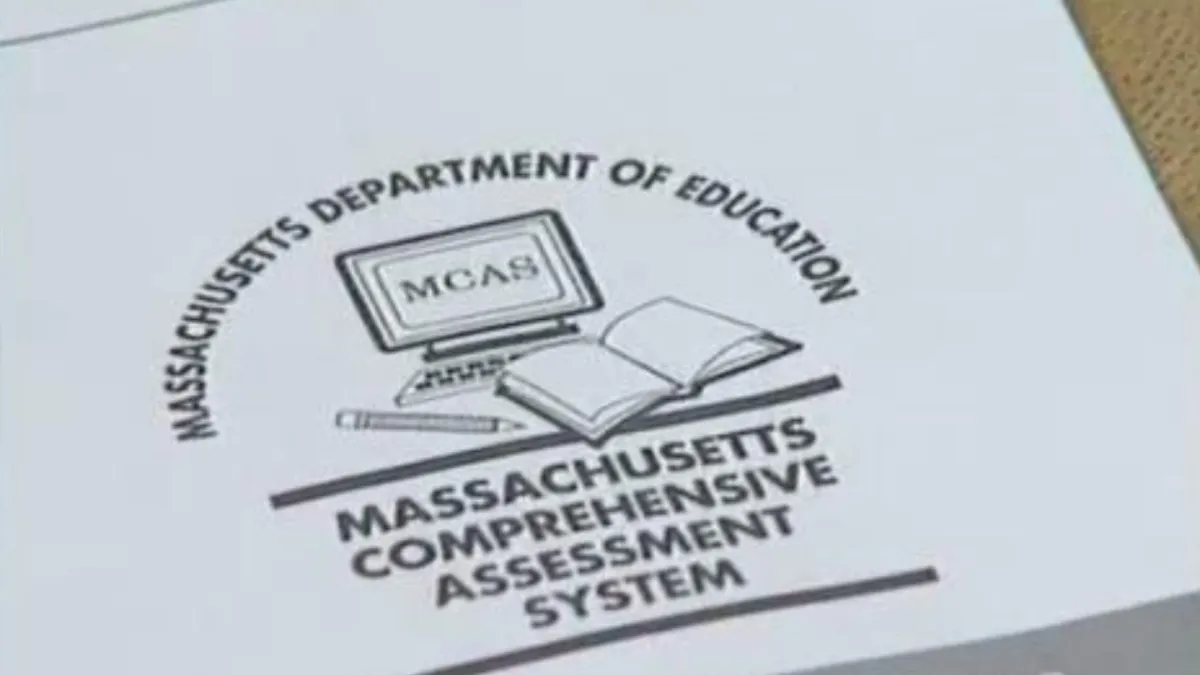Since 2003, students have been required to take and pass the Massachusetts Comprehensive Assessment System (MCAS) by their senior year to receive a diploma from their designated high school. Here at Lincoln Sudbury, the MCAS is required for students in their sophomore year or, if they transferred as a junior or senior, in that year.
For anyone unaware of the process, the MCAS is made up of three sets of two-day, multi-hour tests taken during the latter half of the school year focusing on English, Science and Mathematics. Ideally, the MCAS is used to test a student’s strengths and weaknesses so that the state can determine which schools need more support. Now, with this in mind, many people are wondering why it is then required to pass.
The MCAS has faced opposition among students due to the stress it puts on them. This year, the English MCAS was taken by students on the 26th and 27th of March. The next section of the test will be math which will take place on the 21st and 22nd of May. Finally, the science MCAS will be held on the 4th and 5th of June. As if a state test that you are required to pass isn’t stressful enough, the science MCAS falls the week before finals, meaning students will be bombarded with tests and copious amounts of stress.
In December of 2022, discussions were had on the possibility of getting rid of the MCAS or providing certain alternatives to specific students. As the talks spread, some teachers and even parents within Massachusetts shared their support for the idea. In addition to the support from these adults is also an overwhelming level of support from students. The idea would have
affected the 2023-24 school year, but clearly we are still taking the MCAS.
Another concern that was brought up was whether a transfer student who has come into LS as a junior or senior should be required to take the MCAS. Many states around and even other countries have their version of standardized tests that very closely resemble the MCAS yet the transfer students are still required to take them. Because of their transfer, depending on where the students have moved from, the previous school may have different teaching styles which could lead to them struggling more on the MCAS. Additionally, some students may have transferred from a non-English speaking country meaning that they could be affected because of a language barrier issue.
Around the country, some states are getting rid of exit exams; the only ones remaining being Florida, Illinois, Louisiana, New York, Texas, Virginia, Wyoming, and Massachusetts. While some states require some sort of exit “exam,” many have adjusted theirs to be
project-based rather than assessment-based or make it so their exam does not need to be passed.
Although many students can pass the MCAS, not everyone does, and because of that, they can’t receive a diploma despite having otherwise good grades and reputation. To add to the stress on students, as of August 15, 2023, the Massachusetts Board of Education has voted to increase the passing score, the justification being that students who are just barely passing the test are not properly set up for success in college and beyond.
Organizations, especially the Massachusetts Teachers Association (MTA), have argued in favor of getting rid of the MCAS and switching to a less stressful exit alternative. Unfortunately, it seems schools won’t do anything until the government changes the process, and the government won’t act unless they get an alternative option that can still challenge students and not receive as much opposition from everyone. With that in mind, students are looking at a rather disappointing future as the MCAS looks to be going nowhere anytime soon.




